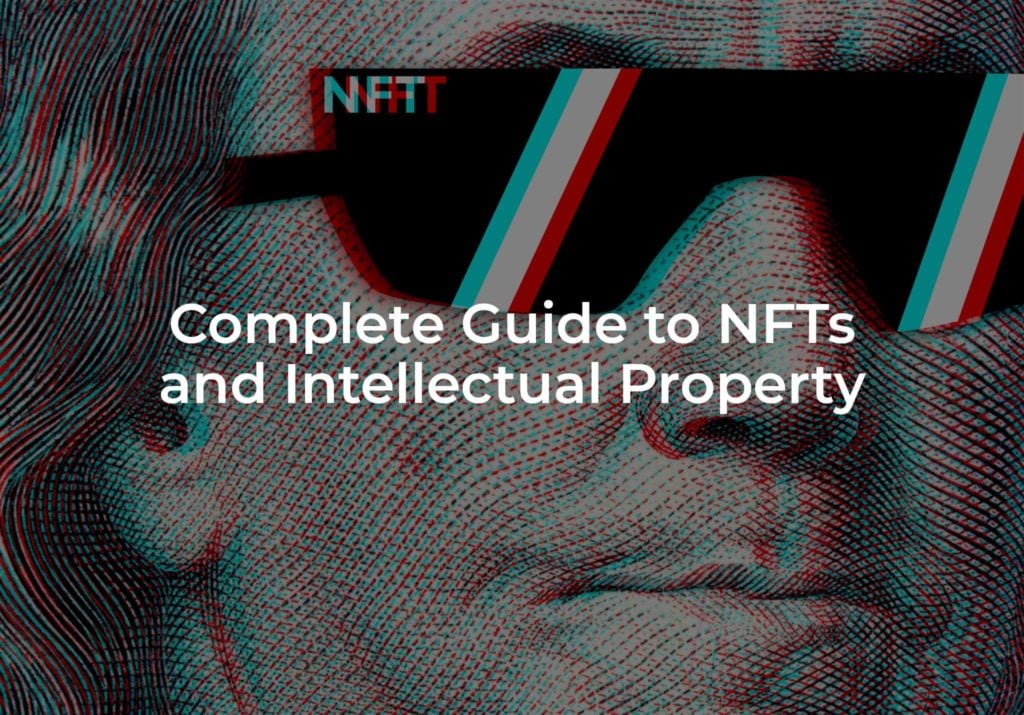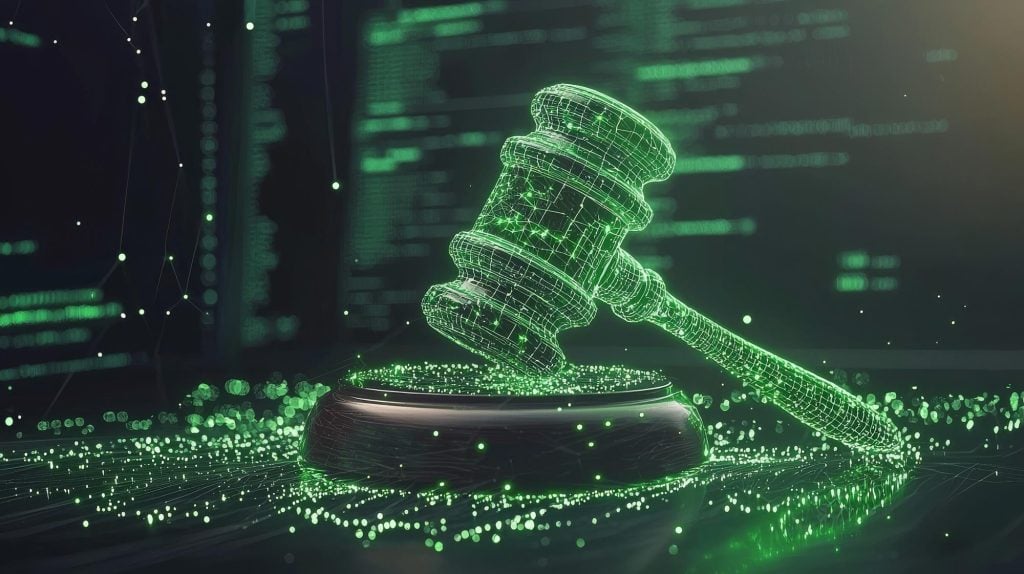Would you pay $580,000 for a one-of-a-kind animated gif of Nyan Cat? It’s the image of a flying cat with a Pop-Tart body and a rainbow trail; a meme that has been seen around the world and used in thousands of applications. For its tenth anniversary, the original creator made a remastered version and digitally sold it at auction.
This new and unique market for intellectual property has left people wondering: What exactly are you purchasing? There are no ownership protections associated, only bragging rights and knowledge of authenticity.
If you’re struggling to understand what a non-fungible token is and how it works, this complete guide to NFTs will help you get started in this new digital world.
What Is an NFT?
An NFT is a non-fungible token. To break this down, something that is fungible is easily replaceable by another identical item. You could have several of that item, and they are all mutually interchangeable. Money and bitcoins are fungible.
Something that is non-fungible is one of a kind. Collectibles, art, and other unique items are not replaceable with another identical item. If you have two identical collectible baseball cards, they are still not fungible because they will have different values.
An NFT serves as a unique verification of ownership, like a digital certificate, that could potentially be used to establish ownership of anything. Common examples of non-fungible goods that can be sold through NFTs include music, drawings, and digital art.
Several benefits come with the creation of your NFT:
- Unique
- Proveably scarce
- Indivisible
- Guarantee ownership
- Easily transferable
- Fraud proof
How to Create an NFT
NFTs are created on any blockchain that supports smart contract programming. The Ethereum blockchain is an example of this; it supports cryptocurrencies like bitcoin and NFTs. Other blockchains will have their own version of an NFT.
To get the creation process started, choose a blockchain that you will use to issue your NFTs. The leading blockchain is Ethereum, but there are several other options available to you:
- Binance Smart Chain
- Cosmos
- EOS
- Flow by Dapper Labs
- Polkadot
- Tezos
- Tron
- WAX
The blockchain that you choose will dictate the network where you will sell your NFT. For example, if you choose Ethereum for your NFT, then you will set up an Ethereum wallet that is compatible with ERC-721. You would then buy Ether (ETH) to have cryptocurrency.
Once your NFTs are created and ready for sale, you will need to submit them to a marketplace and connect a wallet to that marketplace to be able to accept and send payments. Some marketplaces allow you create NFTs right on their platform. Popular marketplaces for Ethereum include OpenSea, Rarible, and Mintable.
Many marketplaces are free to use; however, some do require a fee to perform certain functions on the blockchain. You’ll see these fees referred to as “gas” on the Ethereum platforms. The fees can vary based on the action performed and the amount of network congestion. If there are many people transacting on the network, the fees may increase.
Are NFT Innovations Patentable?
As the use of NFTs becomes more common, we will start to see them used in mainstream commerce. The best example of this is with Nike. The famous shoe company received approval for a patent that blurs the line between the physical and virtual world.
Nike’s combination of protections allows it to monetize both physically manufactured shoes and those developed in the digital world. Perhaps a real-world shoe gets designed in the digital world, or a digital shoe gets manufactured in the real world.
One takeaway from Nike’s patent award that it’s possible to protect your NFT related invention with a patent; however, you will still need to satisfy the basic requirements for obtain an issued patent. The invention must be patent-eligible subject matter, novel or new, useful, and non-obvious.
Despite the thousands of NFT patent applications being filed, it is still difficult to obtain an issued patent for an NFT. In order to increase the likelihood of success, it is typically preferable to tie your NFT patent application to a physical invention. This may make it easier to secure your patent as it turns your NFT into a more tangible invention rather than an abstract concept.
NFT’s and Trademarks
Venturing into the world of NFTs presents new questions for trademark protections as well. Many brands are leveraging blockchain NFT technology to create an authentication system for their customers. High-end luxury brands that issue serial numbers for their products are using NFTs to provide authentication services.
Others are creating brand awareness and new revenue channels by licensing their brands through the release of NFT packages. Musicians are a perfect example of this. A band may license their branding or image to release exclusive digital content for their fans.
Consider whether or not your current trademarks cover brand usage in NFTs. You may need to file for additional trademarks to claim the relevant classes of goods and services involved with such usage.
NFT’s and Copyright
Creating an NFT does not itself establish copyright protections in a particular piece of intellectual property. Instead, it provides you a verifiable ownership claim to the version or copy that you have.
When purchasing any copyrightable work, it’s important to review all contracts and agreements to understand what is and is not being conveyed. You may think you purchasing the intellectual property in the work, but in reality, you’re only purchasing a right to use that version or copy of work. An simplified example would be where you purchase a signed, first edition book from the store; while you will own that unique copy of the book, you do not own the intellectual property in the work itself to have the ability to reproduce the book or republish it in another manner.
Similarly, if you own an NFT based on a copyrighted work, then you may still need to obtain permission from the copyright holder for certain activities. Copyright law affords the author an artistic work the right to reproduce, create derivatives, distribute copies, publicly perform, and publicly display the works, and the author generally retains the copyrights even if they sell the work itself.
Using a copyrighted work without permission of the rightsholder can raise claims of copyright infringement.
Have Questions About NFT Intellectual Property?
Hopefully, this guide to NFTs has given you some insight into how NFT may relate to you and your business. With the increase in NFT use, the need for protection is also growing. Whether you are buying NFTs or creating your own, speaking with an intellectual property lawyer can help you understand your rights and potential ownership claims.
Schedule a consultation today to discuss how you can protect your intellectual property when using NFTs.



